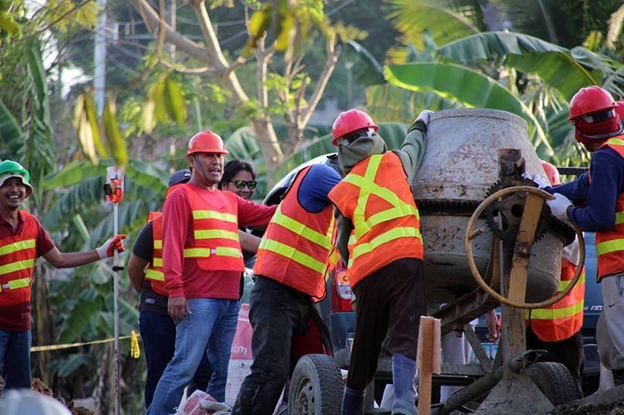Information has never been easier and faster to access as it is today. The digital age, also called the information age, has made the release and distribution of information possible with only a few clicks. While this brings greater efficiency and convenience to the consumer, threats against information quality and accuracy also continue to surge as content becomes easier to manipulate.
Information disorder, which refers to the mishandling of information with or without the intent to do so, is one such threat. Information disorder can be classified into three types: misinformation, disinformation, and mal-information. Misinformation is false information shared without the intent to cause harm (e.g., making false connections and misleading content), disinformation is false information with the intent to cause harm (e.g., providing false contexts, manipulating and fabricating content), and mal-information is genuine information shared to cause harm (e.g., leaks, harassment, hate speech).
Information disorder is seen to be highly relevant and prominent in the topic of the climate crisis. An analysis of social media activity done by Graham Readfearn in 2016 found that the most shared article about climate change was an article claiming that climate change was a hoax. Another study by Constantine Boussalis and Travis G. Coan found that in recent years, mis- and disinformation targeting climate science has been increasing relative to arguments targeting climate policy.
The reality of the climate crisis is an undeniable truth: average global temperatures are increasing due to emissions of greenhouse gasses released by human activities. And yet, many conversations about the climate crisis remain aimless, where urgency is minimized and the science is called into question.
The climate information disorder include deceptive or misleading content that:
- Undermines the existence or impacts of climate change, the undeniable human influence on climate change, and the need for corresponding urgent action;
- Misrepresents scientific data, including by omission or cherry-picking, in order to erode trust in climate science, climate-focused institutions, experts, and solutions; or
- Falsely publicizes efforts as supportive of climate action that in fact contribute to climate warming.

The benefits of knowledge management systems to climate action
Knowledge has become a critical asset and intellectual capital of any organization’s capacity. If an organization is adept at capturing, sharing and building its internal knowledge – making this knowledge easy to access and apply – then the organization is more likely to be effective in designing, delivering and improving its work and contribution towards climate action. Organizations that demonstrate effective utilization and protection of knowledge can build trust among stakeholders, which has the potential to create competitive advantage in times where trust is fast depleting in the thick of climate information disorder.
Thus, organizations must integrate knowledge security as a fundamental organizational activity, an inseparable part of a knowledge management approach, for organizations operating under the challenging circumstances in the climate crisis.
Securing knowledge management systems
Knowledge security is defined as ‘the measures taken to protect knowledge from accidental or intentional disclosure to unauthorized persons and from unauthorized alteration’. In this definition, the significance of knowledge is highlighted based on the risks associated with its alteration; external threats are indicated; and the basic components of a risk management approach to knowledge security are laid.
In view of the climate information disorder, organizations need to account for emerging dynamics in order to secure their knowledge. Knowledge security has three dimensions: people, products, and processes. Along these dimensions, several implications can be extracted.
First, with regard to people, capacity building is crucial in order to train them on how to recognize information disorder tactics through inoculation and prebunking, which involves an explicit warning of an impending disinformation attempt and a refutation of an anticipated argument that exposes its fallacy. One of the most effective ways to counter climate misinformation is to understand the five primary techniques used to spread it:
- False expertise: Presenting an unqualified person or institution as a source of credible information.
- Logical fallacies: Arguments where the conclusions don’t logically follow from the premises.
- Impossible expectations: Demanding unrealistic standards of proof before acting on the science.
- Conspiracy theories: Proposing that a secret plan exists to implement a nefarious scheme, such as hiding a truth.
- Cherry-picking data: Carefully selecting data that appear to confirm one position while ignoring other data that contradicts that position.
Second, when products are considered, for example, the explicit form of knowledge in the form of documents, organizations must ensure legitimacy and credibility. Knowledge products should be adequately resourced and referenced, in order to gain traction. This will allow stakeholders to vet the source of the product.
Third, in terms of procedures, knowledge communication needs to be established, especially in the case of relationships with stakeholders. A key piece of advice for building knowledge management systems is to capitalize on systems and processes that people are already using.
Every falsehood, distortion, and conspiracy theory about climate change is an obstacle to meaningful climate action—which is a collective effort that requires everyone’s agreement on a set of basic facts. ASSIST Creativelab works to aid organizations in securing organizational knowledge through knowledge management systems for the improvement of their climate adaptation work.
Engage with us today!
Source:
Cook, J. ( 2019). Turning Climate Misinformation into an Educational Opportunity. Climate Change Communication. https://www.climatechangecommunication.org/wp-content/uploads/2019/05/Cook_2019_TMEO.pdf
Climate Finance Ready. (2020). Knowledge management: An ingredient for better climate adaptation. https://www.adaptation-fund.org/knowledge-management-an-ingredient-for-better-climate-adaptation/
Lindwall, C. (2022). How to Spot—and Help Stop—Climate Misinformation. Natural Resources Defense Council. https://www.nrdc.org/stories/how-spot-and-help-stop-climate-misinformation






